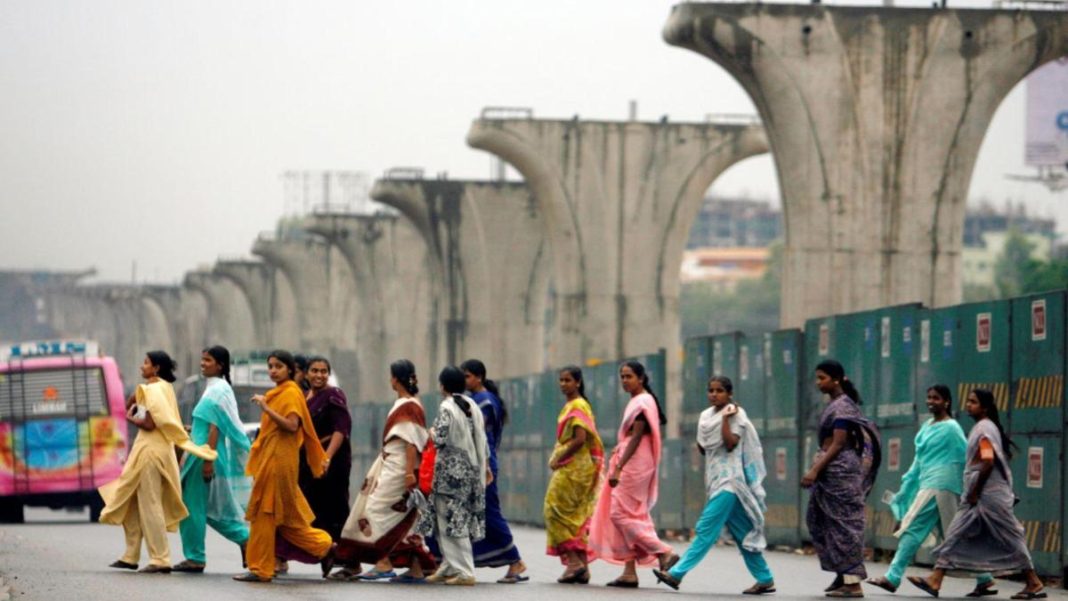India’s Labour Codes: Key Reforms for Women and Gig Workers
India has implemented four comprehensive Labour Codes effective November 21, marking the most significant overhaul of labor regulations in decades. The reforms consolidate 29 existing laws into streamlined codes, bringing substantial protections for women employees and formalizing social security for gig workers.
Key Takeaways
- Equal pay for equal work now legally enforceable for women
- Women permitted night shifts across all sectors with safety provisions
- Companies like Swiggy and Zomato must allocate 2% of turnover for gig worker welfare
- Mandatory crèche facilities in establishments with 50+ employees
Historic Labor Reform Implementation
The Centre has notified all four Labour Codes – Code on Wages, Industrial Relations Code, Code on Social Security, and Occupational Safety, Health and Working Conditions Code – replacing 29 central labor laws. Labour Minister Mansukh Mandaviya announced the implementation, describing it as a “historic modernisation” of India’s labor system.
The codes ensure timely minimum wages, appointment letters for all employees, gratuity for fixed-term employees after one year, and free annual health check-ups for workers over 40. A senior government official confirmed that while the Acts are notified, rules will be rolled out within 5-7 days.
Enhanced Protections for Women Workers
The new framework significantly expands women’s workplace rights and protections. Women can now work night shifts across all sectors, including mining and heavy industries, subject to consent and safety arrangements.
Equal pay for equal work is codified and enforceable, while mandatory women’s representation in grievance redressal committees ensures workplace concerns are addressed fairly. The definition of family for women employees now includes parents-in-law, expanding leave eligibility.
Building on the 2017 Maternity Benefit Act amendment that extended paid leave from 12 to 26 weeks, the new reforms mandate crèche facilities in all establishments with 50 or more employees.
Social Security for Gig Economy Workers
For the first time, India has legally defined gig workers, platform workers and aggregators within the labor framework. This brings app-based workers – including food delivery agents, ride-hailing partners and couriers – under formal social security provisions.
Companies like Swiggy, Zomato, Blinkit, Zepto, Ola, Uber and other aggregators must allocate up to 2% of their annual turnover toward social security funds for gig and platform workers.
Under the Code on Social Security, these workers become eligible for provident fund-type schemes, insurance benefits, disability cover, maternity support, and old-age protection. These measures are expected to reshape India’s gig economy, which currently employs over 7 million workers and is projected to expand to 23.5 million by 2029-30.




